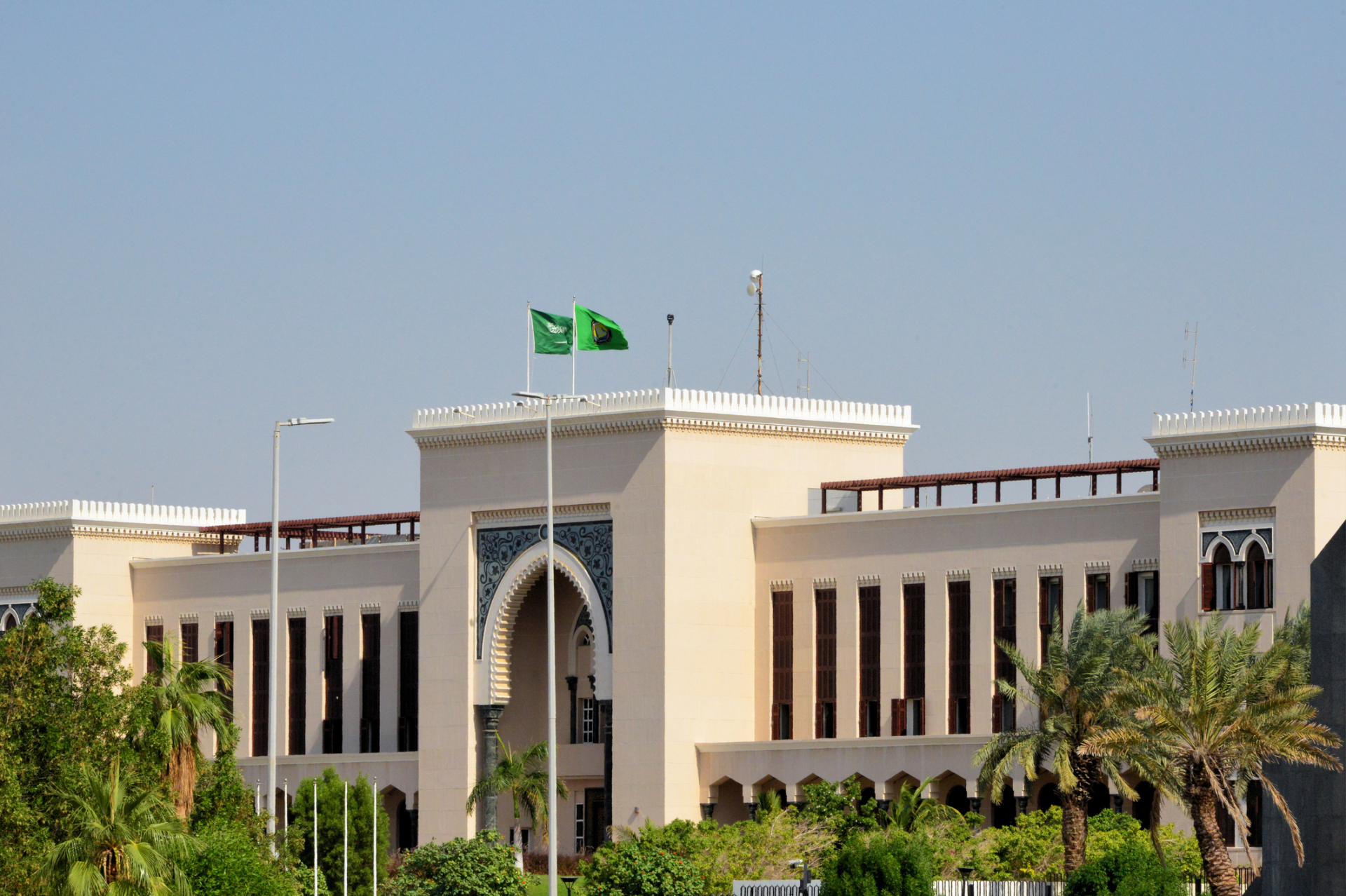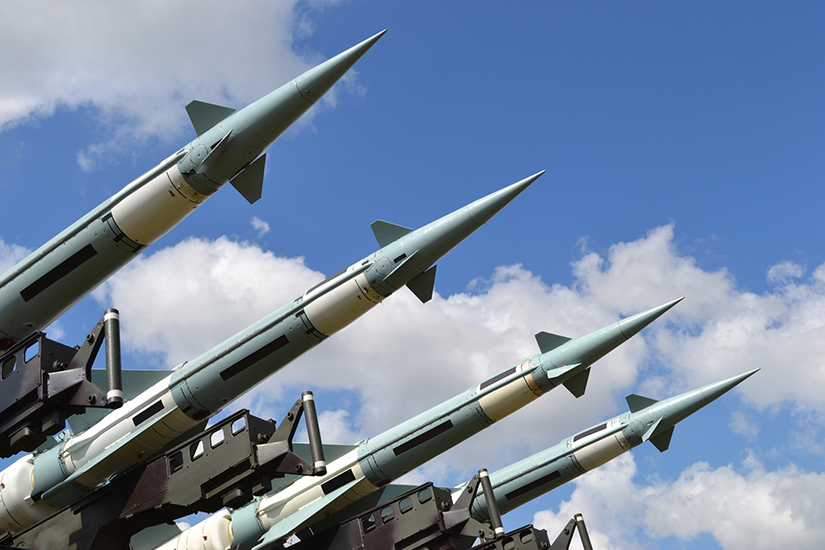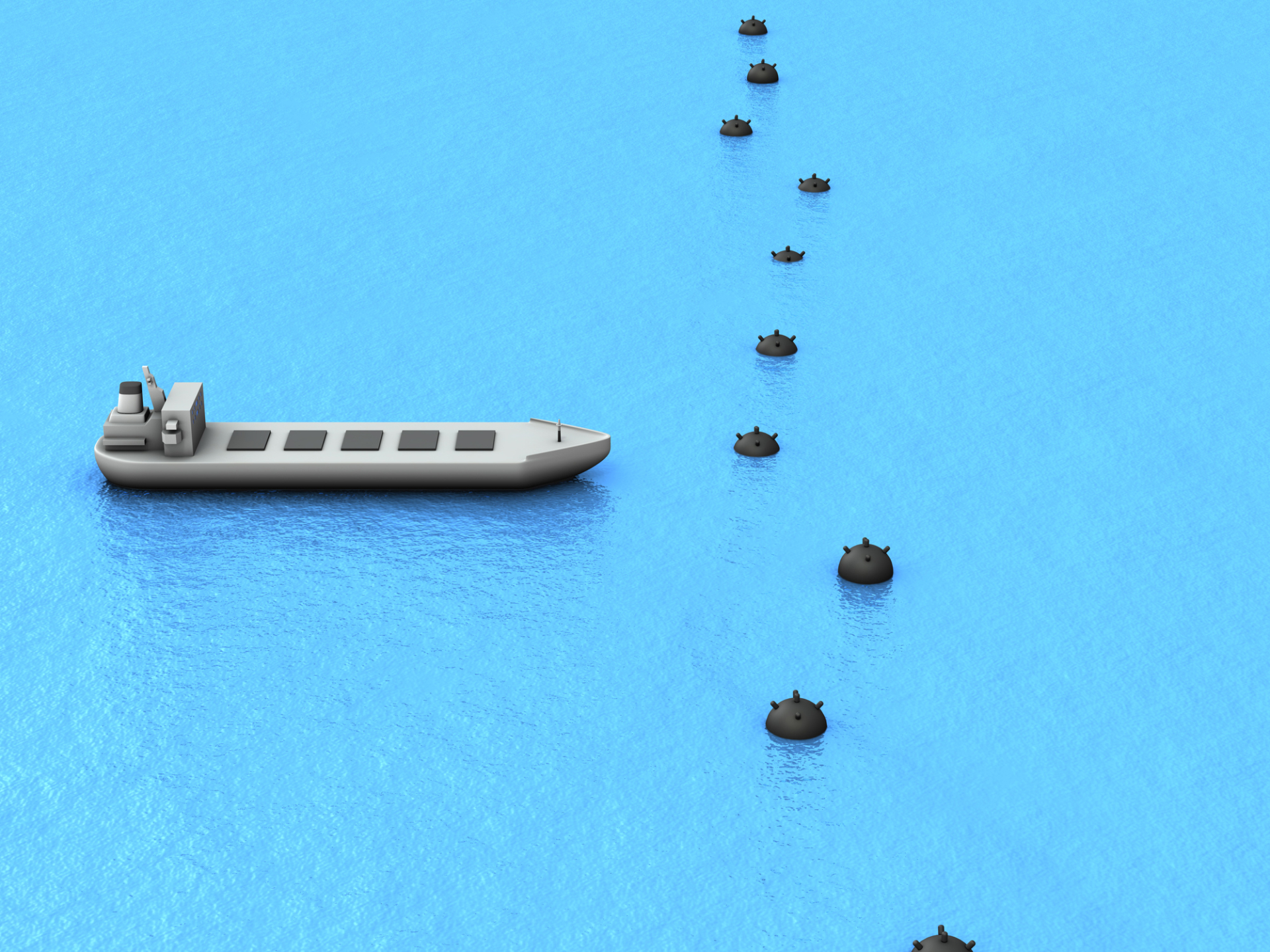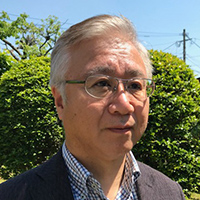On August 11 the Financial Times in the United Kingdom (UK) reported that Saudi Arabia wished to join the cooperation in the joint development of next-generation fighter aircraft by the three countries of Japan, the UK, and Italy (the Global Combat Air Programme: GCAP), and the UK and Italy were positive about this but Japan was concerned that the project would become more complex and delays would occur, among other concerns.[1] According to the newspaper, this wish was conveyed from the Saudi side when Prime Minister Kishida visited the country in July.
The key to Japan’s ability to secure oil is the extent to which Japan can cooperate and contribute to helping Arab oil-producing countries such as Saudi Arabia to achieve departure from dependence on oil,[2] and this author evaluates the visit to Saudi Arabia by Prime Minister Kishida carried out in July with the involvement of the public and private sectors as a big step. However, Saudi Arabia’s wish to join the GCAP was communicated to Japan due to problems pertaining to the introduction of the latest fighter aircraft, one of the problems of security which is the top priority for the continued existence of the Saudi state; therefore, it seems that the problem will probably not be settled simply by opposing the efforts of Saudi Arabia to join the GCAP.
Below, in this article, this author summarizes the various issues surrounding Saudi Arabia’s wish to join the GCAP and attempts to consider clues to settling this problem.

Visit to Saudi Arabia by Prime Minister Kishida
Firstly, this author intends to confirm matters related to Prime Minister Kishida’s visit to Saudi Arabia, when it was reported that the wish to join the GCAP was communicated from the Saudi side. Prime Minister Kishida visited the three countries of Saudi Arabia, the United Arab Emirates (UAE), and Qatar from July 16 to July 18, held summit meetings in each country, and participated in consultations under different names such as “round table,” “forum” and “reception” between the economic mission accompanying him and the public and private sector stakeholders in investment and economic relations in each country, in which he emphasized the stance of Japan for expanding investment and economic relations between Japan and each country.[3]
In the Japan-Saudi Arabia Summit Meeting, the agreement to establish the Foreign Ministerial-level Strategic Dialogue was emphasized, and in addition the cooperation of Japan with the Saudi-Japan Lighthouse Initiative for Clean Energy Cooperation proposed by Saudi Arabia, resumption of FTA negotiations between Japan and the Gulf Cooperation Council (GCC), cooperation between the Japan Bank for International Cooperation (JBIC) and the National Debt Management Center (NDMC) of Saudi Arabia to support Saudi efforts in the global environment field through renewable energy and energy conservation, conclusion of the Memorandum of Cooperation between the Japan External Trade Organization (JETRO) and the Saudi Entertainment Academy in the fields of education, culture, science and technology and sports, and other measures were confirmed.[4]
These are positive signals that wide-ranging cooperative relations will be built between Japan and Saudi Arabia in politics, economics and culture, but it will be necessary to create specific cooperation projects going forward in order to produce outcomes. Regarding this point, the fact that Prime Minister Kishida emphasized that Japan would contribute to the industrial diversification of Saudi Arabia by promoting investment from Japanese companies was encouraging to both Japan and Saudi Arabia.
In my article published in March,[5] this author recommended that the strategy for business expansion in the Middle East region should be formulated under political leadership by bringing together the relevant organizations such as the Ministry of Foreign Affairs of Japan, JICA and JETRO, and the business community, and that the strategy should be communicated to the Middle East countries and implemented by both the public and private sectors. It is not known whether or not a strategy was discussed between the public and private sectors, but just from reading the results report of the Japan-Saudi Arabia Summit Meeting this author evaluates that the public and private sectors are attempting a comprehensive approach to Saudi Arabia.
Issues around the request by Saudi Arabia to join the GCAP
Regarding the background to Saudi Arabia’s request to join the GCAP, the Financial Times[6]has pointed out that the second delivery of the Eurofighter Typhoon purchased from the UK has been delayed due to the effect of Germany, a co-developer of the aircraft, imposing a ban on weapons sales to Saudi Arabia since 2018, after the murder of Jamal Khashoggi. In addition, Saudi Arabia is one of the leading weapons purchasing countries in the world, and many of those weapons are manufactured by the United States, but at the same time Saudi Arabia is spending huge amounts of money to develop its own military industry.

It is presumed that Saudi Arabia is thinking that by joining the GCAP it can obtain new-model fighter aircraft in a form that does not involve imports from the United States and excludes countries such as Germany which have imposed bans on weapons sales to Saudi Arabia. Furthermore, the same article reported that at the beginning of this year Saudi Arabia and the UK promised to start a feasibility study to explore future cooperation regarding air combat capability. The UK has stated that this survey and the GCAP are different things, but there is a possibility that Saudi Arabia interprets the conciliatory stance of the UK toward the country to its own advantage. The fact that Saudi Arabia can make a financial contribution to the development costs of tens of billions of dollars can be cited as the reason that the UK welcomes Saudi Arabia joining the GCAP, but at the same time it has been reported that top officials in the British Ministry of Defence see Saudi Arabia as a strategic partner of the UK and a key partner in the fighter aircraft development program.
For the UK there is no problem even if Saudi Arabia is unable to join the GCAP because it can simply make the excuse that said outcome is due to the opposition from Japan. There is even a possibility that Japan’s financial contribution would increase as a trade-off for its opposition. However, Saudi Arabia, which wants to obtain new-model fighter aircraft and develop its own military industry, would probably position Japan as a country it should avoid in the military field, in the same way as Germany.
The stance which should be taken by Japan
It is obvious that Japan will probably not be able to allow Saudi Arabia to join the GCAP if we consider that Japan has placed strict regulations on weapons exports in the first place and that the GCAP is exceptional cooperation with the UK and Italy, which are G7 countries. However, in considering relations with Saudi Arabia, it is necessary to tackle this problem from a comprehensive perspective.
As shown by the fact that Prime Minister Kishida expressed his desire to continue working closely with Saudi Arabia in addressing various challenges to international peace and security, including in the Indo-Pacific, in the recent Japan-Saudi Arabia Summit Meeting,[7] discussions which include the security of Saudi Arabia should be held in the Foreign Ministerial-level Strategic Dialogue with Saudi Arabia going forward. In the discussions, the possibility of cooperation in security and the related military fields should be discussed even if what Japan can do is limited.
In 1987 in the last days of the Iran-Iraq War, Japan was requested by the United States to dispatch minesweepers to remove the naval mines floating in the Persian Gulf. However, Japan refused the request on the grounds that removing naval mines which were laid for war objectives, even if they are on the high seas or the territorial waters of a non-combatant country, would be viewed by the country that laid them as interference with its military operations and as an involvement in war. However, as an alternative measure, Japan provided to each GCC country safe navigation equipment clarifying the mine-free sea routes which could be safely navigated, which was essential at the time because GPS was not available. The actual provision and installation of this equipment came after the end of this war, but it was very useful for the removal of naval mines after the Gulf War which occurred in 1991.

According to a media report,[8] the three countries of Japan, the UK, and Italy appear to have begun making final arrangements for the launch of a joint development organization for the GCAP in autumn next year. The report says that the headquarters will be in the UK and a Japanese national will head the organization. Furthermore, as the current situation is that the jointly developed fighter aircraft cannot be exported from Japan to any third country, it seems that the government and ruling parties of Japan are advancing discussions to ease the export restrictions on defense equipment in conjunction with the establishment of the joint development organization. If the exports become possible, that would lead to a reduction of production costs and in addition it would have the advantage of enabling Japan to strengthen security cooperation with the export destination country.
The example of the provision of safe navigation equipment cannot be utilized without modification for the security problems of Saudi Arabia, but it can be concluded that if the discussions on easing the export restrictions on defense equipment make progress, the scope of potential cooperation on the security of Saudi Arabia will expand in the dialogue with that country. This author hopes that the diplomatic personnel of Japan will make this effort.
The article has been revised from its original Japanese version to include the most recent updates.
(2023/10/25)
Notes
- 1 Leo Lewis, Kana Inagaki, Sylvia Pfeifer, Andrew England and Giuliana Ricozzi, “Saudi Arabia pushes to join fighter jet project with UK, Italy and Japan,” Financial Times, August 11, 2023.
- 2 Nobutaka Miyahara, “Diplomacy in the Middle East for Securing a Steady Supply of Oil: Comprehensively Interpreting Humanitarian Assistance and Economic Cooperation,” International Information Network Analysis (IINA), March 20, 2023.
- 3 Prime Minister Kishida’s Visit to Saudi Arabia, United Arab Emirates and Qatar (July 16-18, 2023), Ministry of Foreign Affairs of Japan, July 18, 2023.
- 4 Japan-Saudi Arabia Summit Meeting, Ministry of Foreign Affairs of Japan, July 16, 2023.
- 5 Op. cit. Diplomacy in the Middle East for Securing a Steady Supply of Oil
- 6 Leo Lewis, et al., op.cit.
- 7 Op. cit. Japan-Saudi Arabia Summit Meeting
- 8 Yomiuri Shimbun, “Japan, UK, and Italy poised to establish a joint organization led by a Japanese national for next-generation fighter aircraft development, with private sector collaboration for deployment in FY2035,” September 26, 2023.

